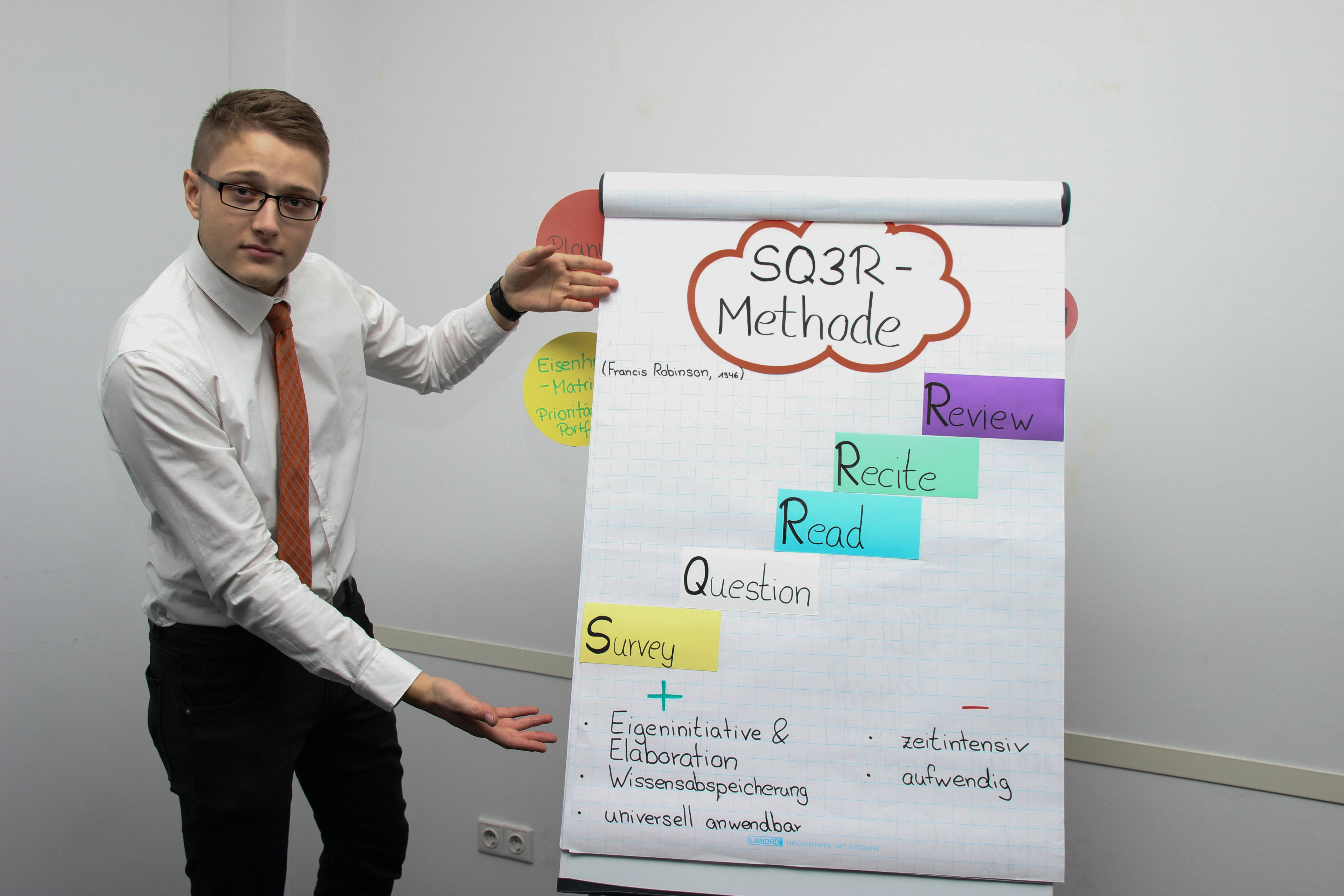
🔍 Understanding Forgetting: The Science Behind Memory Loss
Forgetting isn’t just a glitch—it’s a vital part of how our memory functions. Cognitive theories like decay theory, interference theory, and retrieval failure shed light on why we forget:
- Decay Theory: Memories can fade over time as unused neural pathways weaken. This process helps your brain stay efficient by discarding irrelevant information.
- Interference Theory: Forgetting often happens when overlapping information competes:
- Proactive interference: Old memories block new ones.
- Retroactive interference: New memories obscure older ones.
- Proactive interference: Old memories block new ones.
- Retrieval Failure: Sometimes memories are stored but not accessed due to missing cues or context shifts.
Emotion plays a role too—emotionally charged experiences are often easier to recall, showing memory’s selective nature. These mechanisms explain that forgetting isn’t always detrimental; it’s a natural, even helpful, part of memory prioritization.
🌱 Factors That Influence Memory Retention
Several elements influence how well we retain memories—and understanding these can help us improve recall:
- Age: As people get older, episodic memory—the ability to recall specific events—can decline. But cognitive engagement (like puzzles or learning) helps slow this decline.
- Stress: Elevated stress impairs memory by disrupting encoding and retrieval, largely due to cortisol’s effect on brain function. Incorporating stress management—like mindfulness or relaxation techniques—can support better memory retention.
- Sleep: Sleep is vital for memory consolidation. Skipping sleep compromises retention, so prioritizing good sleep hygiene proves essential for learning and recall.
- Lifestyle Choices:
- Nutrition: A diet rich in antioxidants, omega-3s, and nutrients supports brain health.
- Physical Activity: Exercise promotes neurogenesis and mental clarity, improving memory performance.
- Mental Stimulation: Activities like reading, crosswords, or learning a new skill foster cognitive resilience.
- Focus & Motivation: Paying attention while encoding information and staying motivated enhances recall efficiency.
- Nutrition: A diet rich in antioxidants, omega-3s, and nutrients supports brain health.
By recognizing these influences, you can adopt habits that bolster memory retention over time.
🔧 Strategies for Improving Memory Recall
Boosting your memory doesn’t require magic—these practical techniques leverage how your brain naturally learns:
- Mnemonic Devices: Use acronyms, rhymes, or vivid imagery to tie new info to what you already know.
- Method of Loci (Memory Palace): Associate information with physical locations in a familiar place. Mentally walking through that space helps trigger recall. This technique taps into spatial memory and is backed by research. Wikipedia
- Spaced Repetition: Review material at increasing intervals to reinforce long-term memory—especially effective for vocabulary, facts, and diverse learning topics.
- Visual Imagery: Since the brain remembers images better than text, using diagrams, symbols, or mental pictures can aid recall.
- Memory Journals: Write down what you learn or important moments—this acts as both reflection and a memory reinforcement tool.
- Digital Tools & Apps: Use apps that set reminders, employ spaced repetition, or help organize learning (e.g. flashcard software).
Combining these memory-improvement techniques can make learning more effective and retention more reliable.
🚀 The Future of Memory Research and Enhancement
The field of memory science is advancing fast with exciting developments:
- Cognitive Training Programs: Brain training exercises geared toward improving memory show promise, especially for older adults or those facing memory challenges.
- Supplements & Nootropics: Research is exploring compounds that may boost memory through enhanced blood flow or neurotransmitter balance—though efficacy and safety vary.
- Neurostimulation Techniques: Approaches like transcranial magnetic stimulation and electrical stimulation may boost memory performance—early results are promising.
- Ethical Considerations: As memory enhancement techniques evolve, accessibility and fairness must be prioritized to avoid misuse.
The future may see memory-enhancing technologies combining behavioral, nutritional, and neurological approaches—potentially transforming how we learn and remember.

